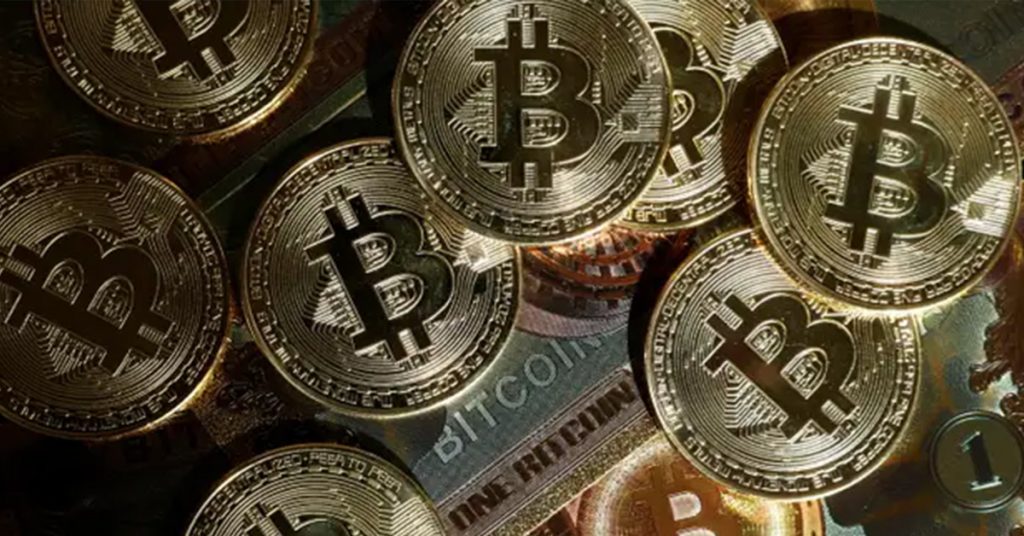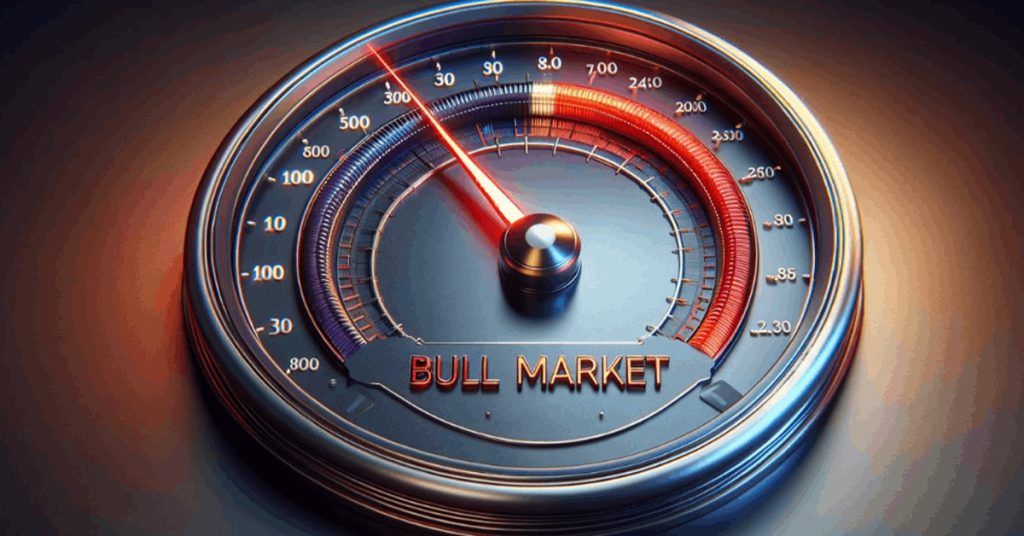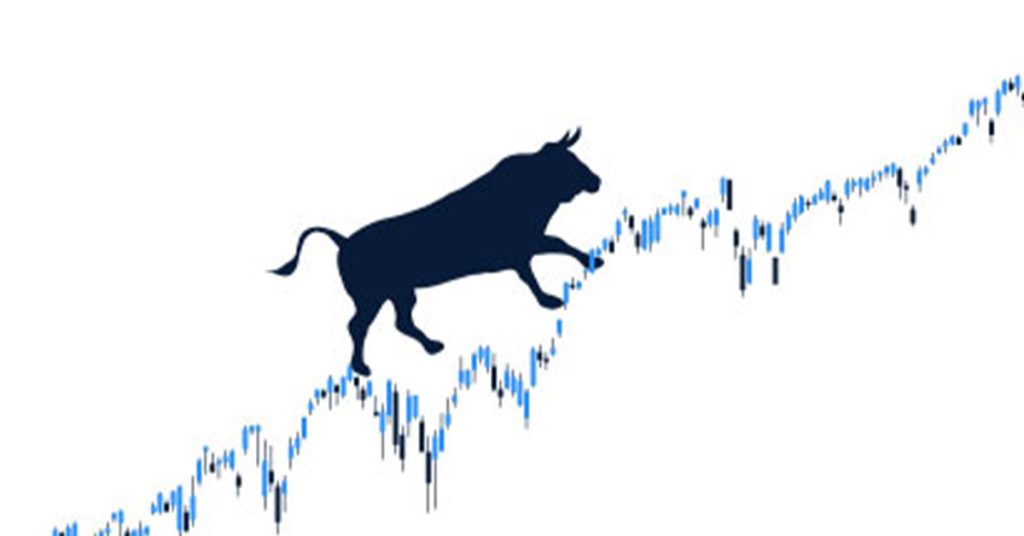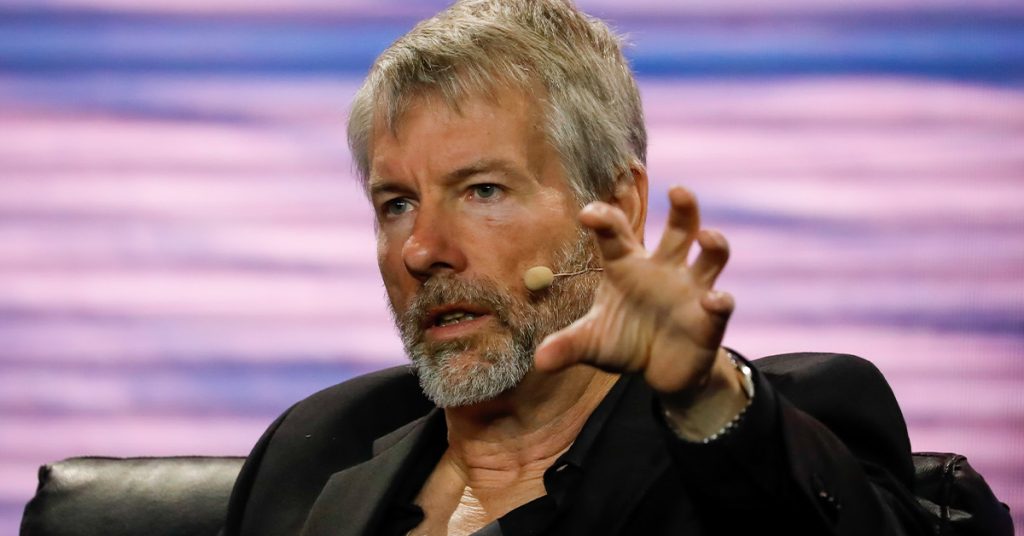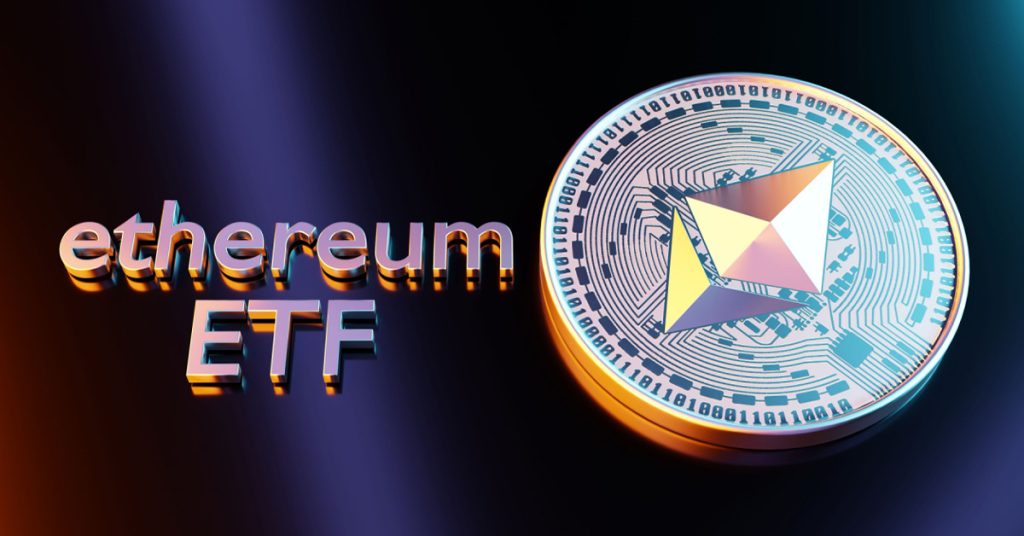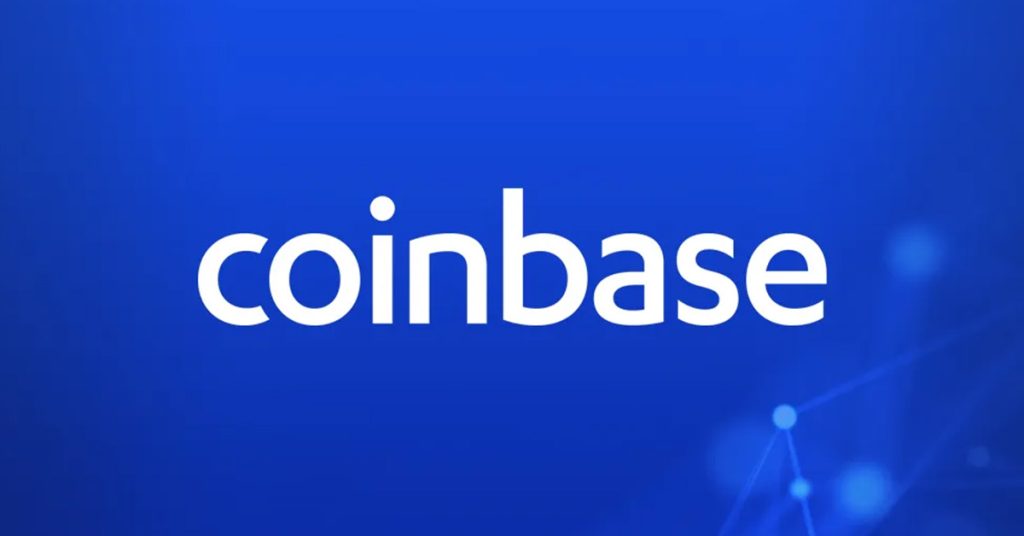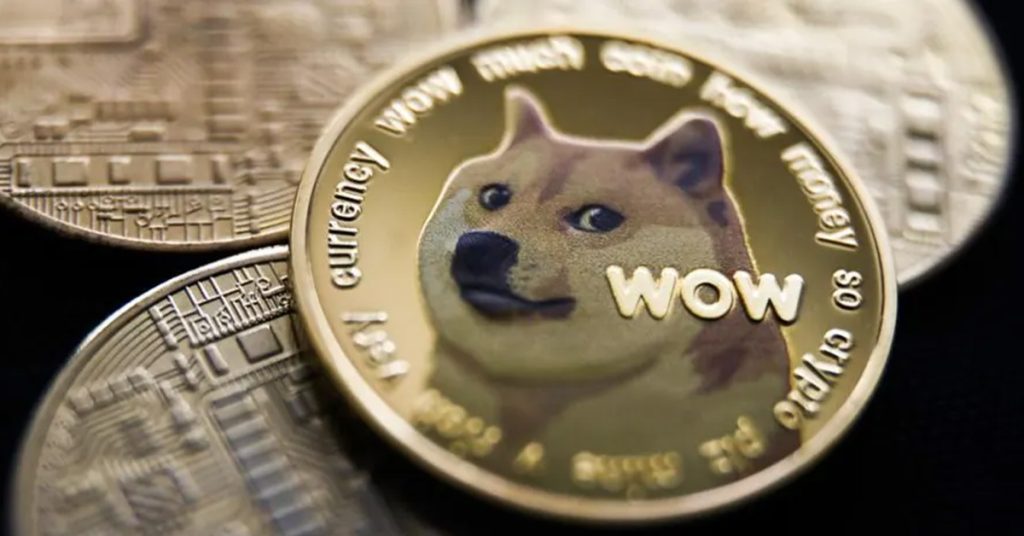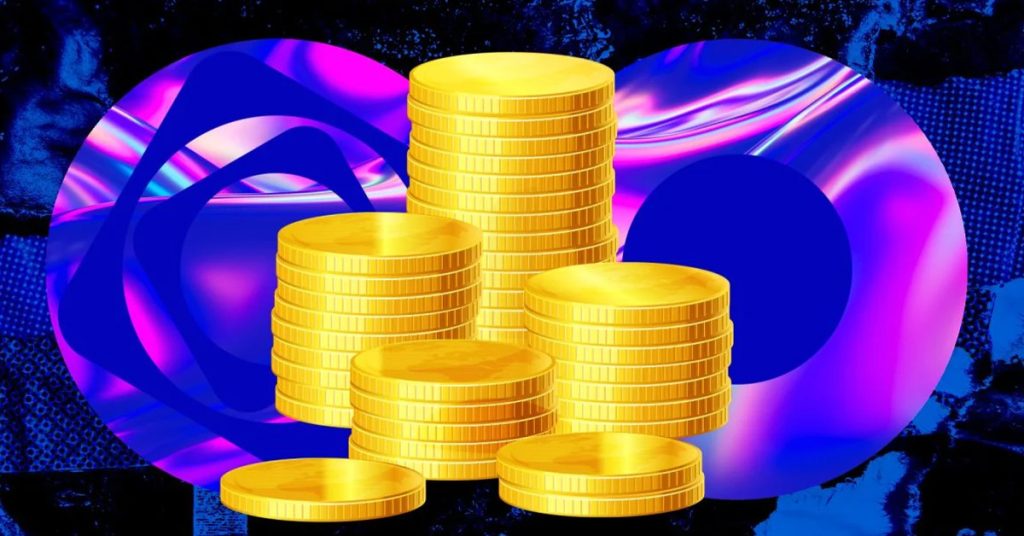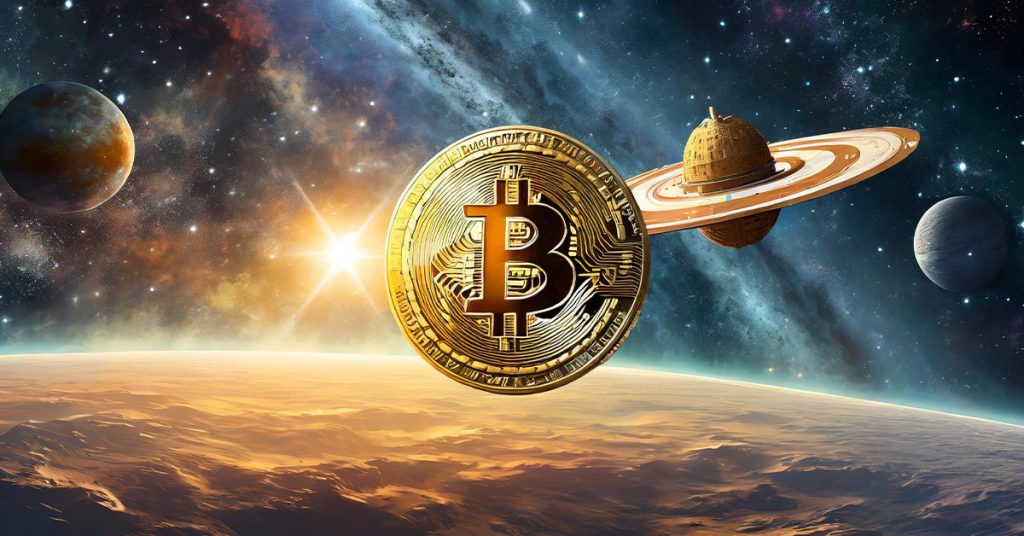What Is A DAO? | DAOs Explained
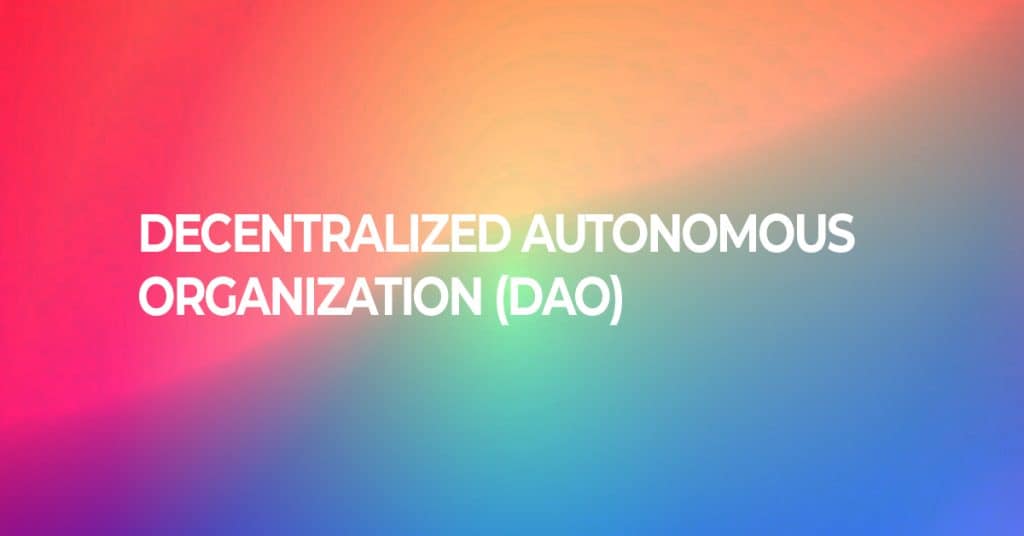
So, What Is A DAO?
DAOs are Decentralised Autonomous Organisations that operate through smart contracts. Their financial transactions and rules are encoded on a blockchain, effectively controlled by the organisation’s members rather than a central governing authority.
Membership of a DAO is typically determined by ownership of some of the DAO’s native token, which is issued on a blockchain and acts much like a digital membership card, enabling access to gated content, voting rights and other benefits.
Why Are DAOs Important?
Starting an organisation requires considerable trust in the people that you are working with and it’s very hard to trust others that you’ve only ever interacted with on the internet. With DAOs you don’t need to trust anyone else in the group, just the DAO’s code, which is 100% transparent and verifiable by anyone. This opens up many new opportunities for global collaboration and coordination and gives power to communities in a number of different ways.
“The DAO”
In May 2016, history was made when a group of Ethereum developers deployed ‘The DAO’, aka The Genesis Dao. This was the first known DAO and the platform was designed to enable anyone with a project to pitch their idea to the community and potentially receive funding. There was a contribution period for the DAO and investors could exchange ETH for DAO tokens which would in turn enable them to vote on plans and receive rewards if the projects were successful.
The raise was enormously successful with over 12.7 million ETH being pledged. Unfortunately, in June 2017 a hacker compromised the system and was able to drain a whopping 3.6 million ETH. However, the hack was reversed and the funds restored via a controversial hard fork of the Ethereum chain. The vast majority of miners switched to the new fork while the original chain became known as Ethereum Classic. The DAO project has since folded but remains an important reference for new DAOs that now populate the space.
Different Types of DAOs
DAOs have become a very popular vehicle for venture capital and other fundraising activities. Many DeFi and NFT projects are also governed by DAOs.
Protocol DAOs
Protocol DAOs are the most common type of DAO, and they are found behind many decentralised finance (DeFi) protocols. These DAOs are used as an ownership and governance mechanism for lending platforms, yield optimisers and more. They maintain and evolve the underlying platform in a fair and decentralised manner. Some of the leading Protocol DAOs include those behind DeFi platforms such as Uniswap, Maker and Aave.
Investment DAOs
Investment DAOs are similar to traditional investment funds that operate with pooled capital. However, rather than a centralised party making the calls, Investment DAO token holders can vote on what the pool of funds is invested in. Examples include The LAO which is a global group of Ethereum enthusiasts who support new projects on the network. There is also Aladdin DAO which has an elected group of experienced DeFi yield farmers that are incentivised to earn yield for their members.
Grant DAOs
Grant DAOs are designed to fund and foster new ventures or projects, most often within the DeFi space. These grant-focused DAOs usually arise as a philanthropic arm of larger projects within the space, but may also exist on their own. A couple of well-known examples include Gitcoin which is an individual platform that funds developers working on open-source projects and Uniswap Grants which supports the creation and growth of new projects surrounding Uniswap and the DeFi ecosystem.
Social DAOs
Social DAOs can take the form of any social circle that shares a common interest. Members gain entry by paying a membership fee in the form of purchasing some of the DAO’s tokens or perhaps buying a certain kind of NFT. An example is the Bored Ape Yacht Club which requires ownership of a BAYC NFT. The actual DAO and governance portion of the project is in the pipeline according to their Roadmap 2.0, so what the DAO will be governing is still up in the air. We’ll just have to wait and see how things unfold with this one
Workforce DAOs
Workforce DAOs are beginning to shape the way in which we work. An example of this is the Yap DAO. This DAO offers a comprehensive range of public relations support to blockchain related entities. Members of the DAO are voted in on the basis of their skill set and the experience that they can bring to the organisation. Members of the DAO form their own working groups, prepare pitches to clients, and agree on payment terms and deliverables.
In Closing
DAOs have a genuine shot at becoming a leading coordinator of capital and culture. They could well be the future of fundraising, lay new foundations for the way that we work, and determine the way that human beings choose to organise themselves in many other areas. But despite their growing popularity, DAOs have a long way to go before reaching mainstream adoption and recognition/understanding from traditional media outlets. They may also need to overcome potential regulatory and legal challenges which could impact the way in which they are established and operate.
It has survived not only five centuries, but also the leap into electronic typesetting, remaining essentially unchanged. It was popularised in the 1960s with the release of Letraset sheets containing Lorem Ipsum passages, and more recently with desktop publishing software like Aldus PageMaker including versions of Lorem Ipsum.

